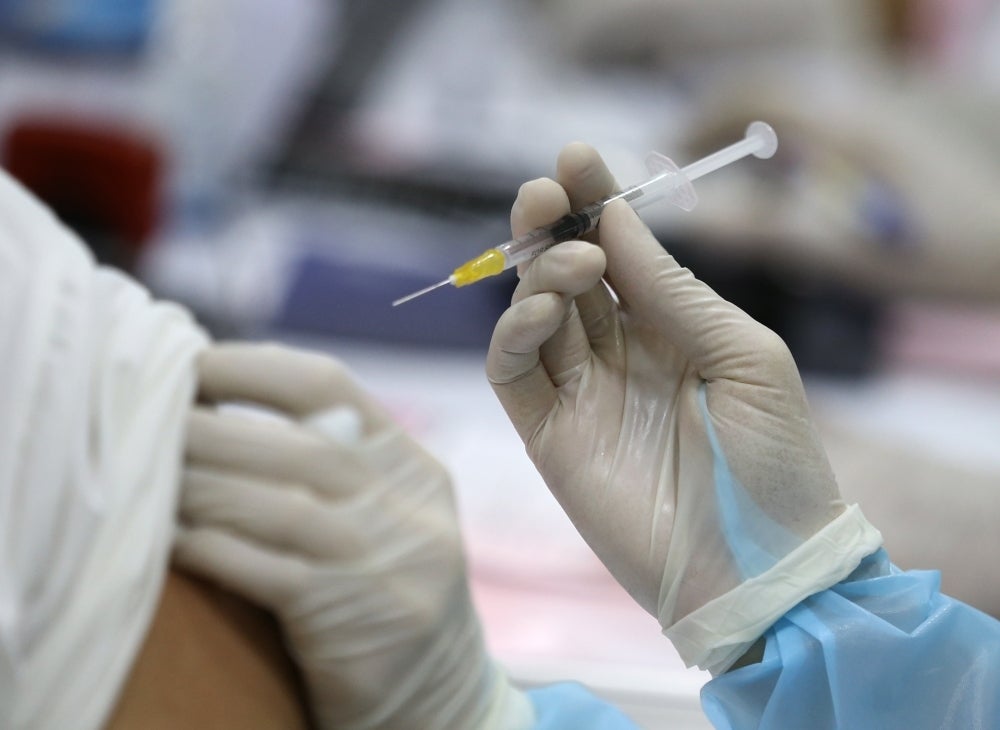Astrazeneca to focus on rare diseases, continuing local investments

KUALA LUMPUR - Pharmaceutical company AstraZeneca is expanding its focus on innovative medicines for rare diseases in Malaysia while strengthening engagements with various stakeholders in the healthcare ecosystem.
Rare diseases are typically hereditary or genetic in nature or caused by infections and environmental factors.
According to Rare Disease International, a rare disease is one which may affect less than one in 2,000 people, and there are an estimated 6,000-8,000 rare diseases identified worldwide, and over 300 million people are living with a form of rare disease.
AstraZeneca’s Malaysia country president Vinod Narayanan said that working with specialists on rare diseases will provide the company with a broader understanding of patients suffering from such conditions and, at the same time, close the high unmet medical need in this area due to lack of treatment options.
"We are known for our innovative medicines, but now we also want to be a solution enabler partnering at different parts of the patient’s journey, all the way from awareness, diagnosis, clinical trials, treatment, to post-treatment care,” he told Bernama.
Vinod explained that AstraZeneca’s expansion into rare diseases came after it acquired US-based Alexion Pharmaceuticals Inc in July 2021.
He said Alexion’s innovative complement-biology platform and robust pipeline will allow the company to continue pioneering the discovery and development of medicines for patients with rare diseases.
AstraZeneca continues to be a global leader in discovering and commercialising oncology medicines to treat various types of cancers, notably lung, breast, liver, and ovarian cancers, to name a few.
Meanwhile, Vinod said the company is working closely with both the government and private sector to embed the use of artificial intelligence (AI) technology in X-rays to improve diagnostic capabilities for early lung cancer detection and treatment.
The Lung Ambition programme is an initiative by AstraZeneca that aims to educate and diagnose patients earlier, which will lead to a higher probability of survival when treated early.
"We also want to make sure that there is sustainable access to our medicines for patients that need them.
"For this purpose, we are working with the government and non-government organisations (NGOs) to achieve this priority via our patient support programmes,” said Vinod.
He added that AstraZeneca is also part of the Partnership for Health System Sustainability and Resilience (PHSSR) along with the World Economic Forum (WEF), working towards understanding what it takes to build a sustainable and resilient healthcare system for the future.
On another note, Vinod said the company is also supporting the government’s aspiration to make Malaysia a world-class hub for clinical research, as announced by former Health Minister Khairy Jamaluddin Abu Bakar last year.
For this, an additional investment of RM53.5 million was announced by AstraZeneca to be invested by 2025. The investment covers studies on the effectiveness of new therapies and establishing a clinical trial base in Malaysia.
AstraZeneca will work closely with Clinical Research Malaysia and hospitals in the country to optimise clinical trial delivery.
The planned clinical trials include both global early-phase studies and large-scale regulatory approval studies across a broad range of diseases like cancer, cardiovascular, chronic kidney disease, asthma, rare disease, and lupus nephritis.
AstraZeneca has been operating in Malaysia for over 40 years. In 2019, the company committed to investing over RM500 million (US$125 million) over the next five years to strengthen healthcare collaborations and talent development and to establish a Global Business Services hub to support the Asia Pacific region.
This investment includes the new AstraZeneca headquarters at The Bousteador, Mutiara Damansara, Selangor, with a wide variety of functions, such as finance and procurement leadership for the region.
"This is part of AstraZeneca’s ongoing commitment to boost high-tech skills and employment and bring cutting-edge science and innovation to help patients.:
"In terms of the local workforce, 98 per cent of the over 700 employees constitute Malaysian talent,” he added. - BERNAMA














